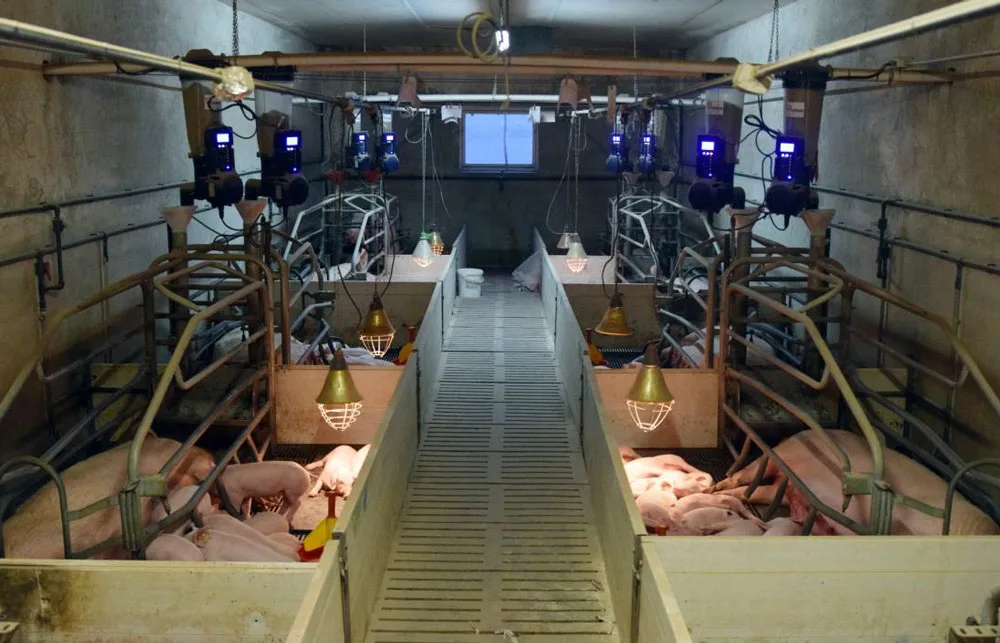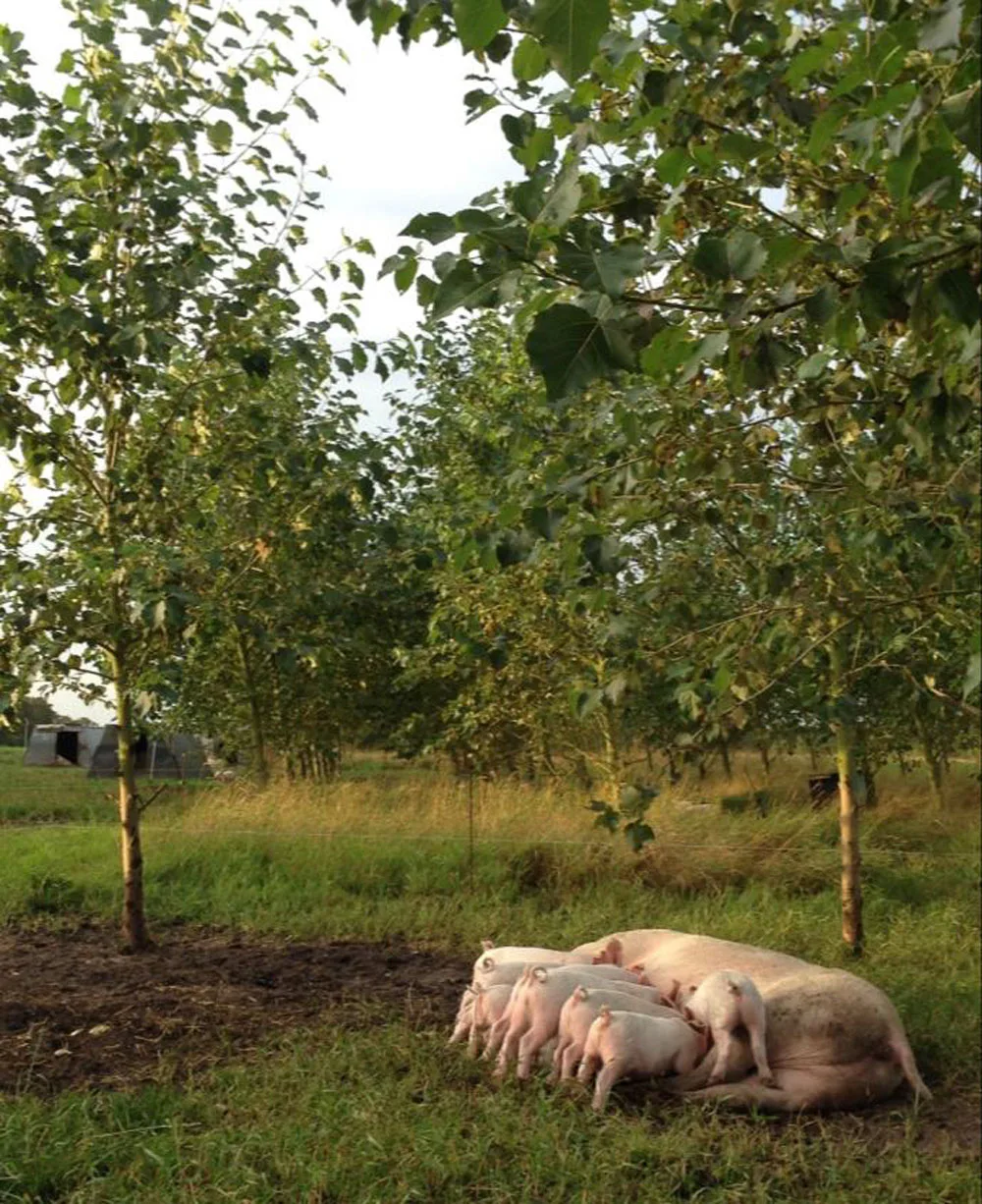Case studies will evaluate the main factors driving the adoption of innovations that some leading farmers and associations are already implementing that are not widely spread in the farming community.
In total, 13 case studies will ensure coverage of livestock species (beef and dairy cows and pigs), production areas (grassland-dominant, areas with high potential for crop-livestock integration, and areas low in grassland), and production systems (intensive vs extensive). Individual case studies will be led by livestock industry partners/collaborating stakeholders with a facilitator, who will organise workshops and lead discussions to identify current/past problems and solutions around the adoption and implementation of innovations. Furthermore, learnings from the different case studies will be clustered and shared with other cases within the same livestock product category (dairy, beef, pig) to understand if innovations could work in different geographic and socio-economic contexts.
Case study 1
100% grass-fed cows
Livestock Sector: Dairy cattle
Country: Switzerland
Case description: This case examines: if concentrate-free dairy production is economically feasible and who makes the best use of their grassland-based resources. It looks at dairy farmers visions and strategies to face future challenges and the minimization of feed-food competition (feed-no-food) by applying grassland-based feeding in dairy production.
Facilitator name and institution: Anna Bieber, Research Institute of Organic Agriculture (FiBL)
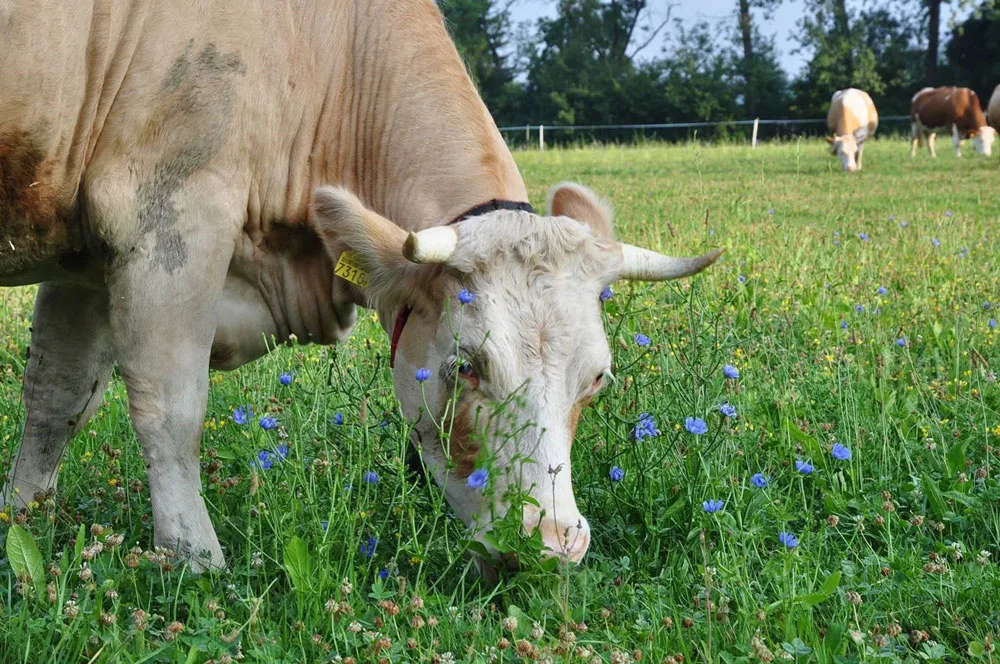
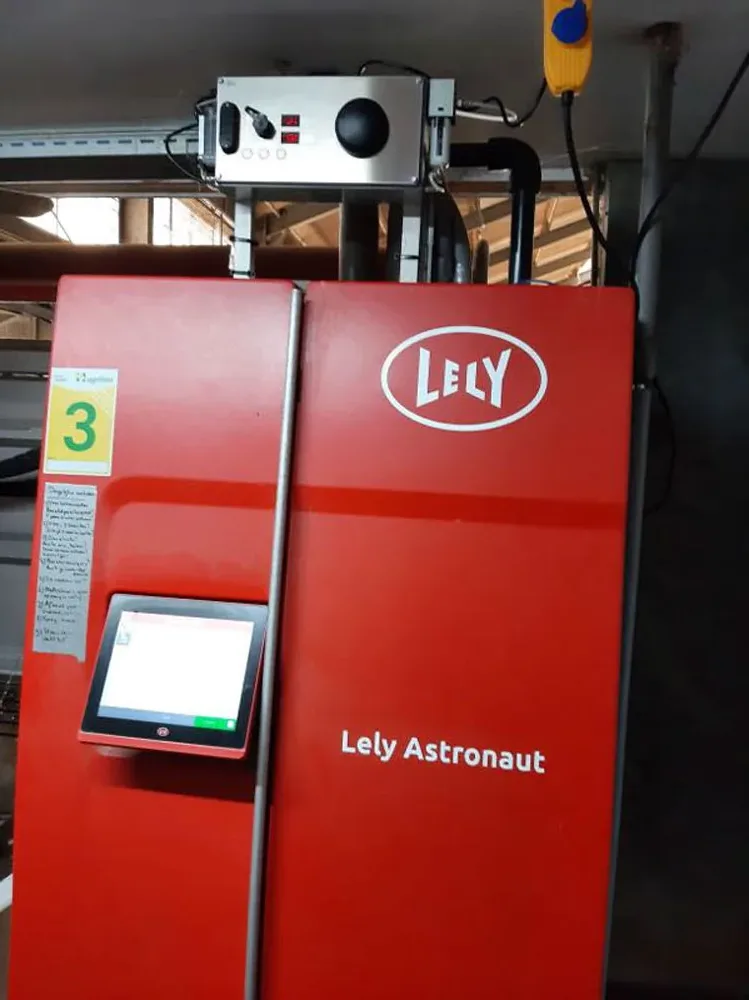
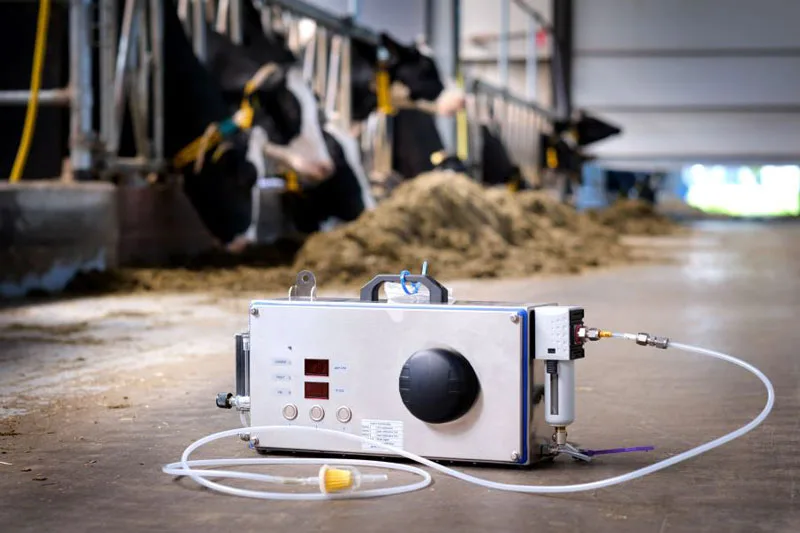
Case study 2
Re-breeding livestock for resilience
Livestock Sector: Dairy cattle
Country: Netherlands
Case description: A large population (100 farms with 150 cows each) distributed across the Netherlands is phenotyped for individual methane emission. Network of farmers on 100 farms interested in mitigation options on farm.
Facilitator(s) name and institution: Hanne Honerlagen, Wageningen University and Research Center (WUR)
Case study 3
Animal welfare and mitigation
Livestock Sector: Dairy
Country: Italy
Pilot case description: Granducato is a cooperative of dairy cattle farms located in northern Tuscany. The farms apply a disciplinary for the mitigation of GHG emission, the respect of animal welfare and the improvement of nutritional quality of milk. The environmental impact of the supply chain is certified according to the EPD (Environmental product declaration) system.
Case description: Granducato is a cooperative of dairy cattle farms located in northern Tuscany. The farms apply a disciplinary for the mitigation of GHG emission, the respect of animal welfare and the improvement of nutritional quality of milk. The environmental impact of the supply chain is certified according to the EPD (Environmental product declaration) system.
Facilitator(s) name and institution: Alberto Mantino and Alina Silvi, University of Pisa
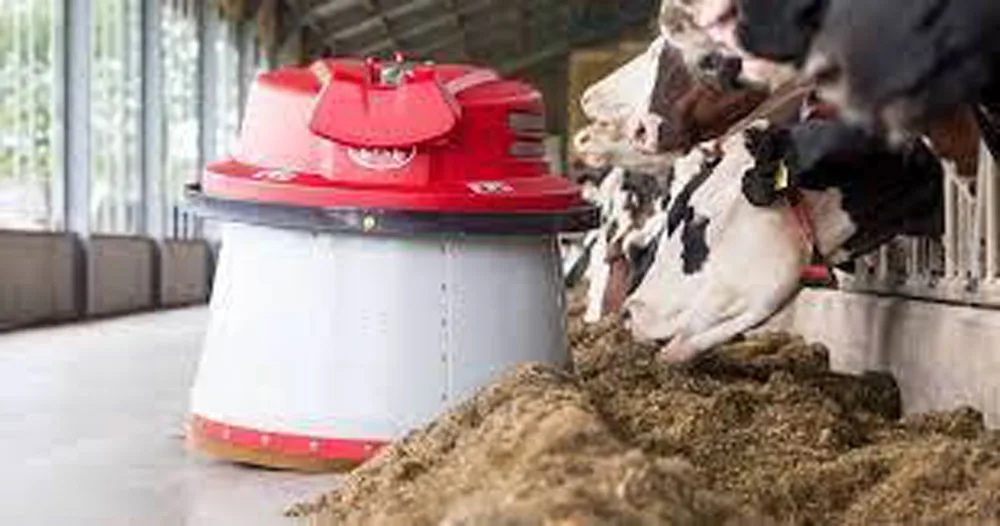
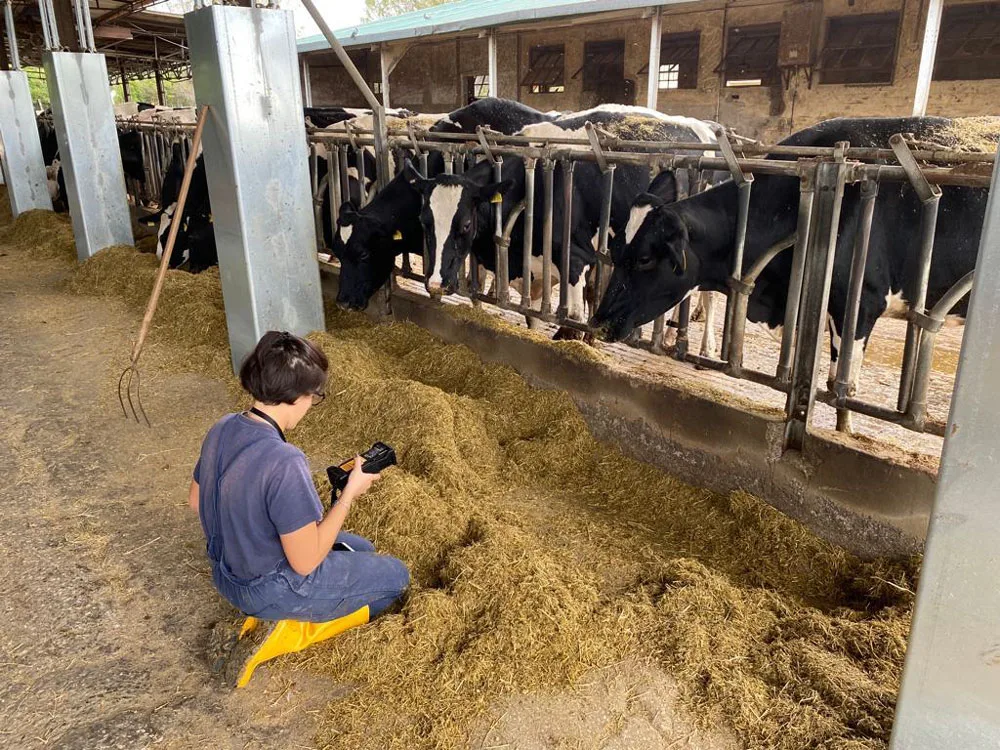
Case study 4
By-products as a feeding strategy on dairy farms
Livestock Sector: Dairy cattle
Country: Spain
Case description: Dairy farms that are routinely using byproducts from the agro-industry as replacement of conventional ingredients to feed animals at different stages of production.
Facilitator(s) name and Institution: Ines Rivelli. CSIC
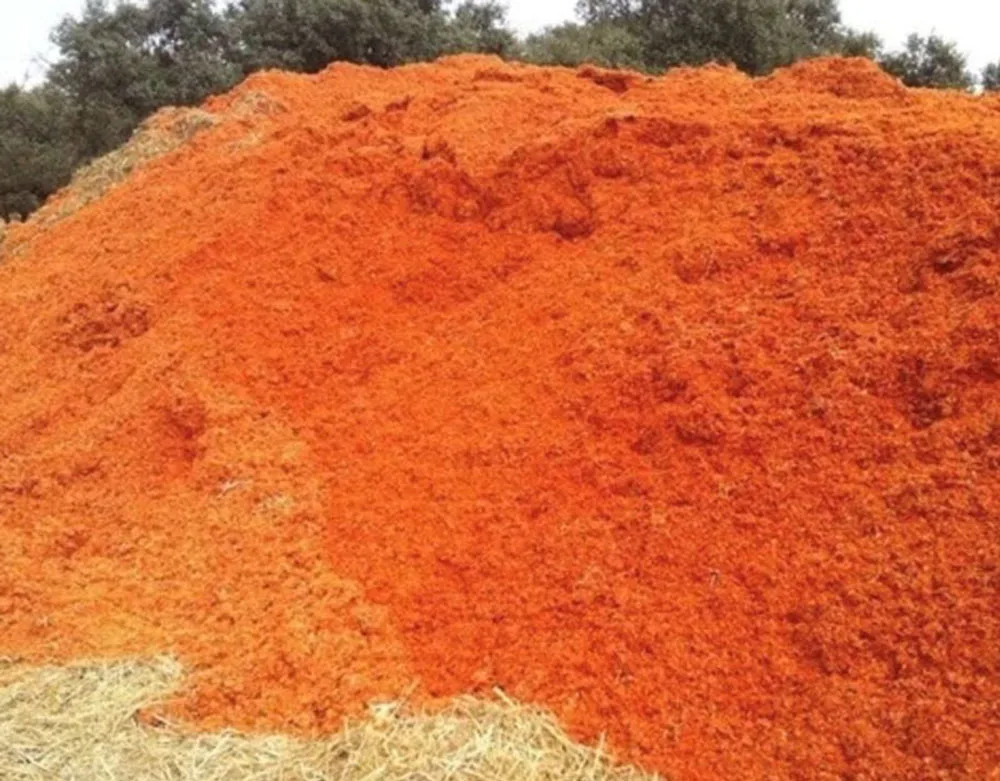
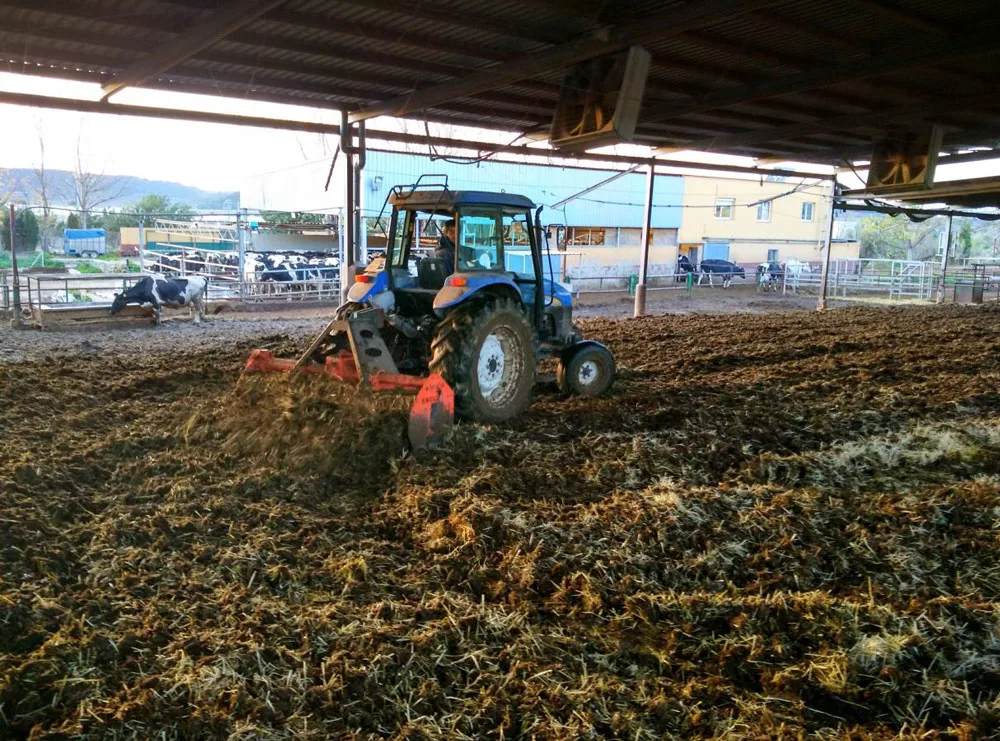
Case study 5
Compost Bedded Pack (CBP)
Livestock Sector: Dairy and Beef cattle
Country: Spain
Case description: Several dairy and beef farms are using CBP techniques in Spain in order to improve animal welfare and health. Compost bedded pack (CBP) is a manure management system in which animals are housed on free-stall systems with straw (or other bedding material) that is mixed with manure and composted. It provides some advantages in terms of animal welfare and health but seems to enhance GHG emissions (mainly N2O). It also provides (according to farmers) a ‘cooling effect’ if compared to deep bedding, which might provide some interest in terms of adaptation.
Facilitator(s) name and institution: Elena Sanchis. Universitat Politècnica de València (UPV)
Case study 6
100% pasture-fed livestock
Livestock Sector: Beef and Sheep
Country: UK
Case description: Pasture for Life Association (PFLA) is a cattle farming organisation located across the UK. The organisation offers certification and runs research forums for its hundreds of member farms, with an aim to advise members in 100% pasture-fed, regenerative cattle farming approaches.
Facilitator(s) name and institution: Nicholas Davison. University of Reading
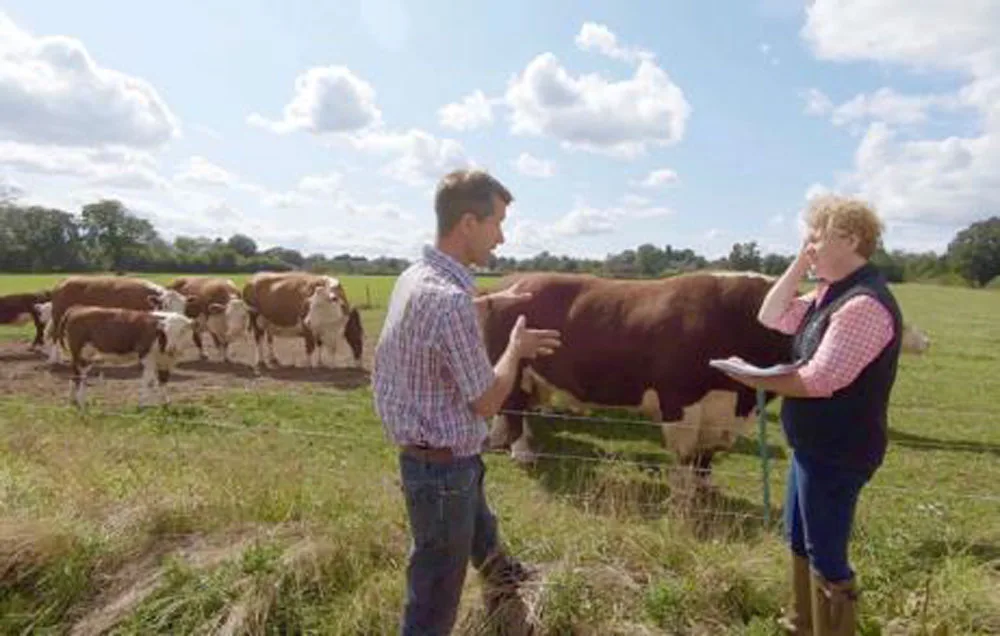
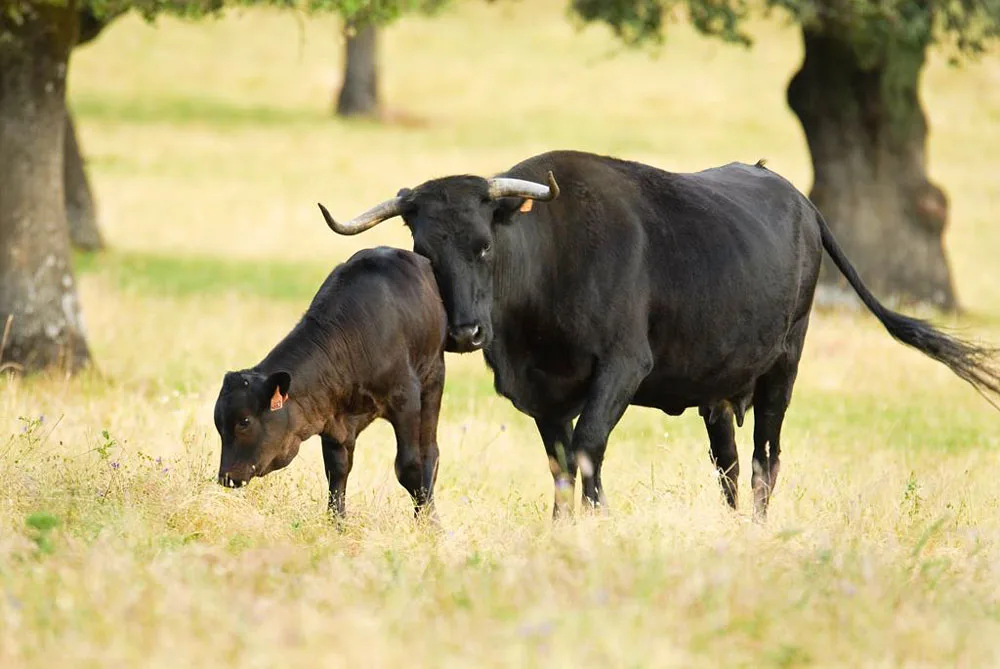
Case study 7
Beef Cattle in Low Input Systems
Livestock Sector: Beef cattle
Country: Spain
Case description:The objective of the case study is to incorporate heat tolerance in the breeding objective of Avileña Negra Ibérica breed exploring by simulation selection strategies to maintain a balance between production and heat tolerance.
Facilitator(s) name and Institution: Clara Diaz. INIA-CSIC
Case study 8
Dual-purpose cattle
Sector: Dairy cattle
Country: Switzerland
Case description: Coupled production of meat and dairy out of one breed instead of specialized production where dairy (male) calves become an ethical challenge.
Facilitator(s) name and institution: Anna Bieber, Research Institute of Organic Agriculture (FiBL)
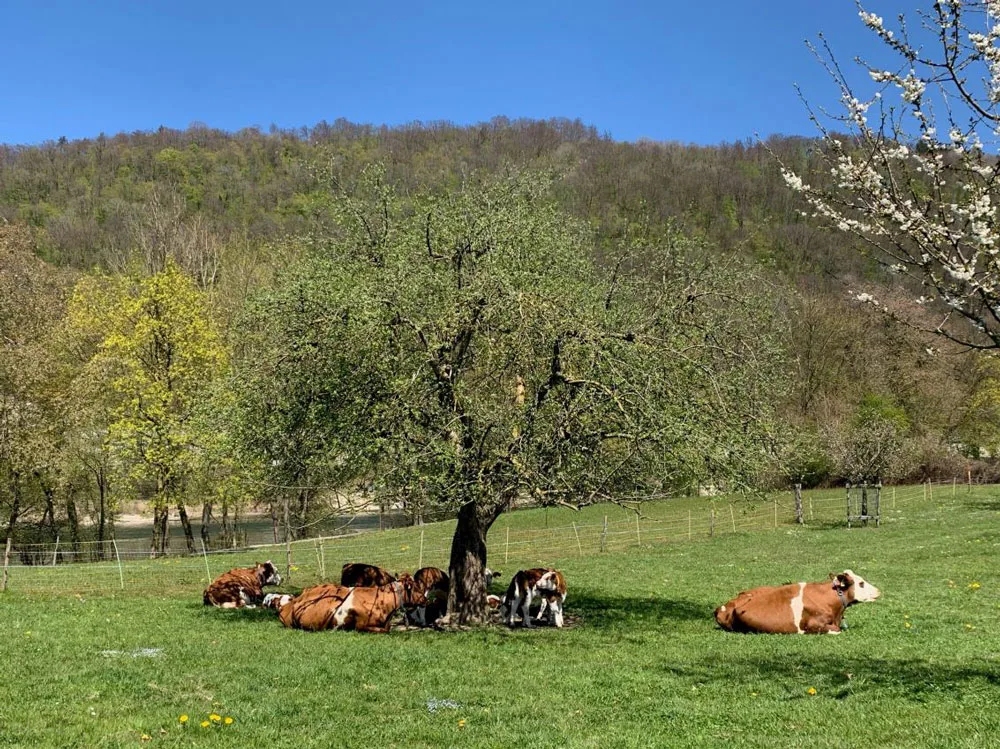
Case study 9
Cross breeding in Dairy Cattle Herds
Livestock Sector: Dairy cattle
Country: Sweden
Case description: A group of dairy farmers practicing cross-breeding Holstein with other dairy breeds to improve reproduction and health in dairy cows, and using sex sorted and beef-semen to increase production of meat and hence reduce impact per unit of produce.
Facilitator(s) name and institution: Lotta Rydhmer. Swedish University of Agricultural Sciences (SLU)
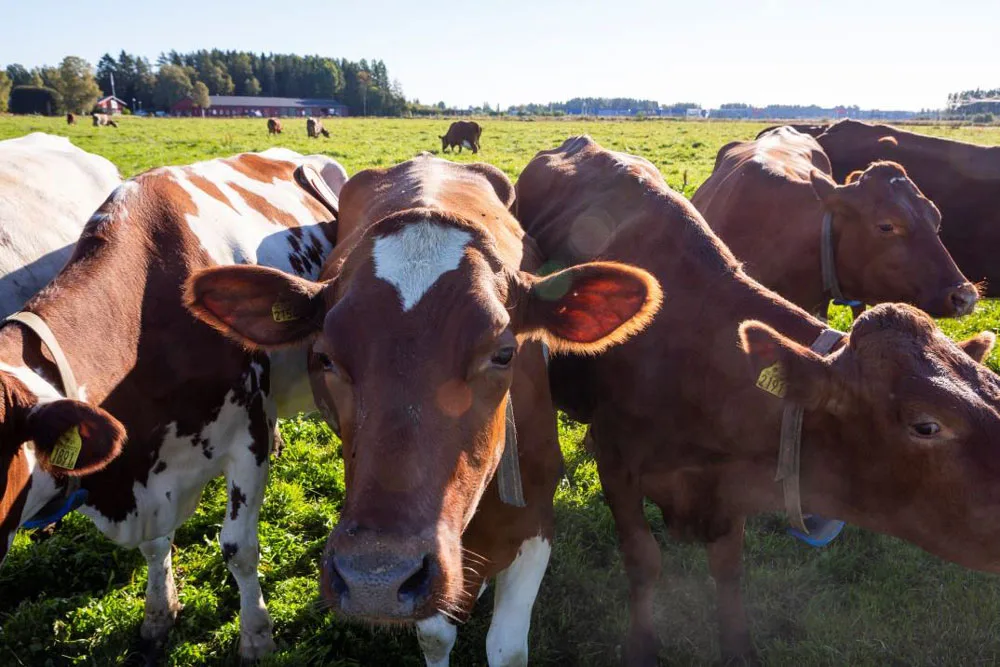
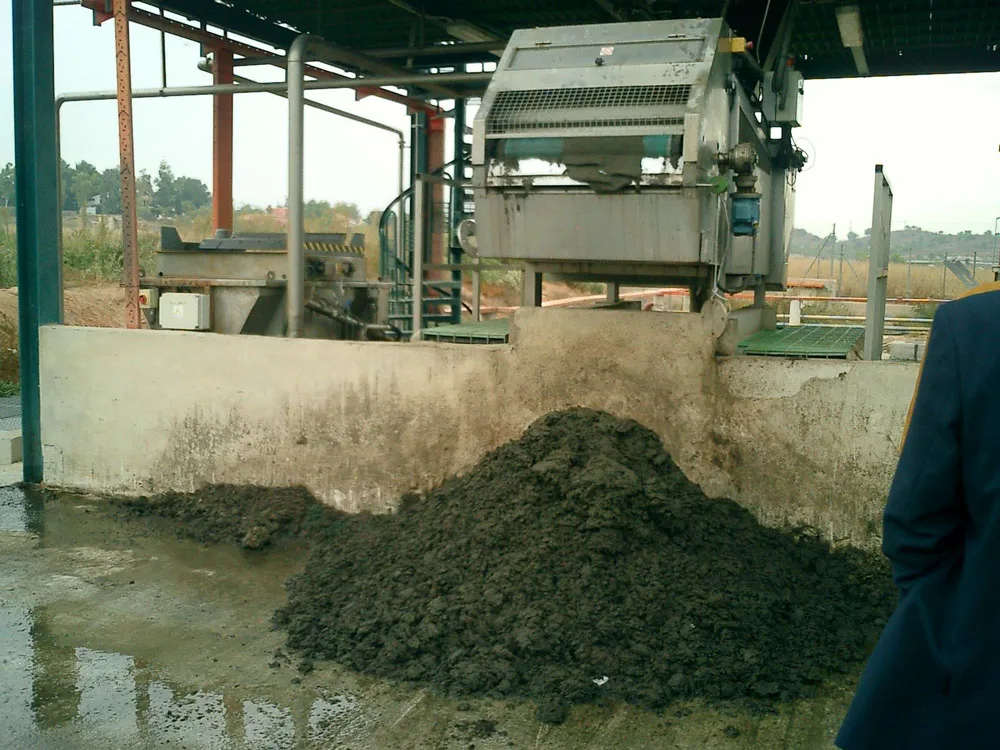
Case study 10
Slurry management in pig farms to reduce GHG
Livestock Sector: Pig
Country: Spain
Case description: Pig farmers in Spain are requested to reduce emissions along the slurry management chain and some of them are already promoting slurry management changes. Most of them are reporting management techniques throughout Ecogan, a tool that calculate emissions based on management practices.
Facilitator(s) name and institution: Elena Sanchez. Universitat Politècnica de València (UPV)
Case study 11
Implementation of trees in pastoral systems
Livestock Sector: Pigs and Dairy cattle
Country: Denmark
Case description: A group of organic livestock farmers interested in integration of trees with livestock. Animal welfare, biodiversity and carbon sequestration are key drivers of adoption. The network was established by Organic Denmark.
Facilitator(s) name and institution: Julie Rohde Birk. Innovation Centre for Organic Farming (ICOF)
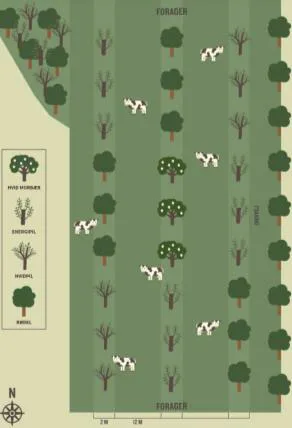
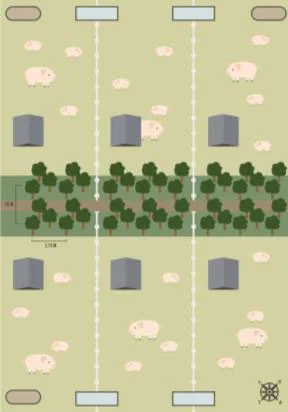
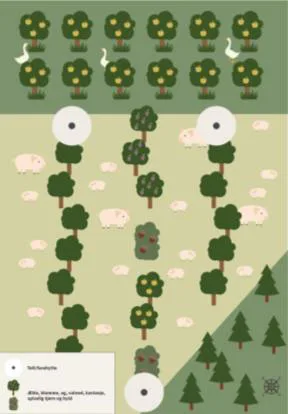
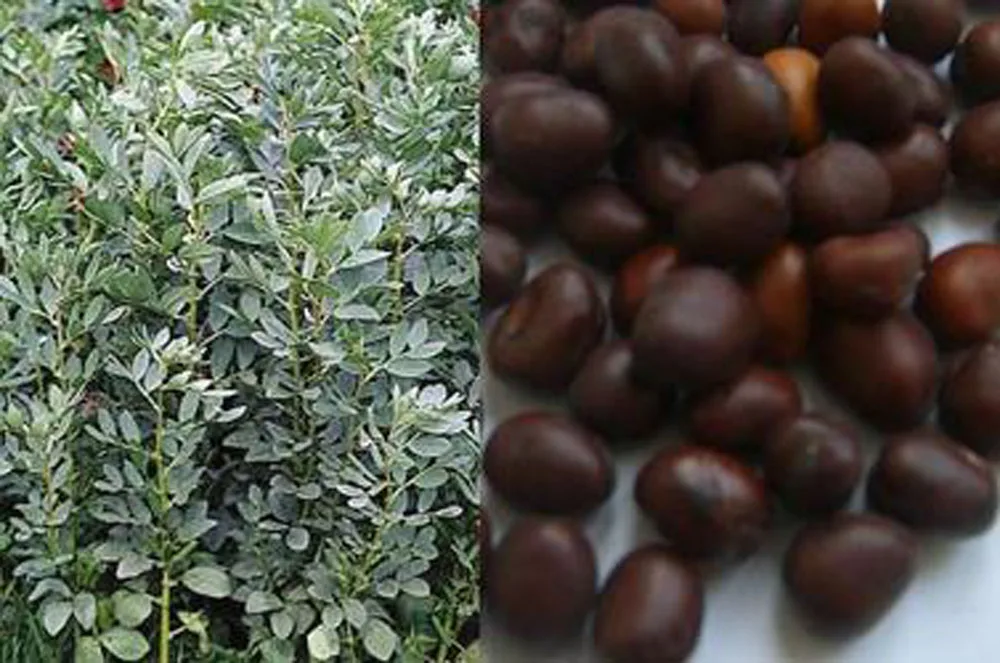
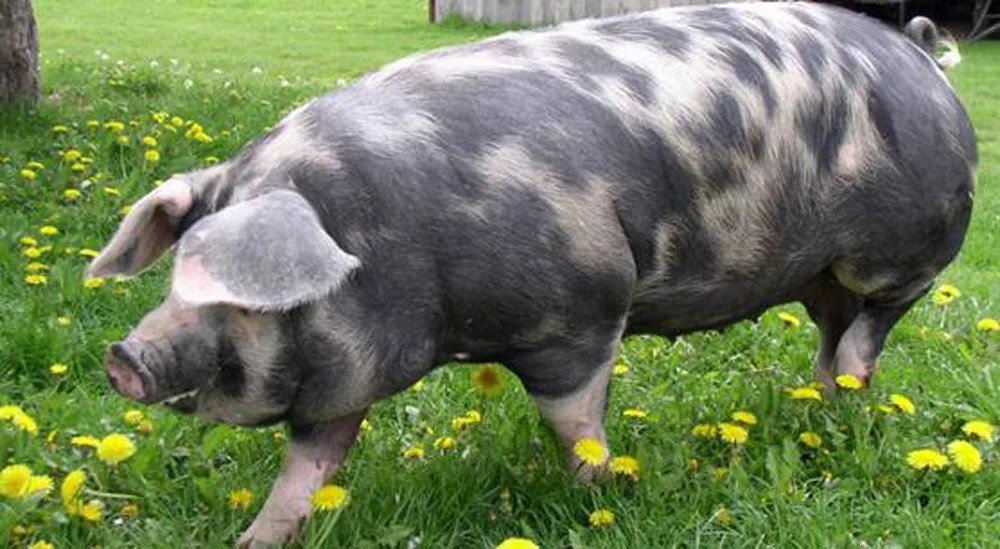
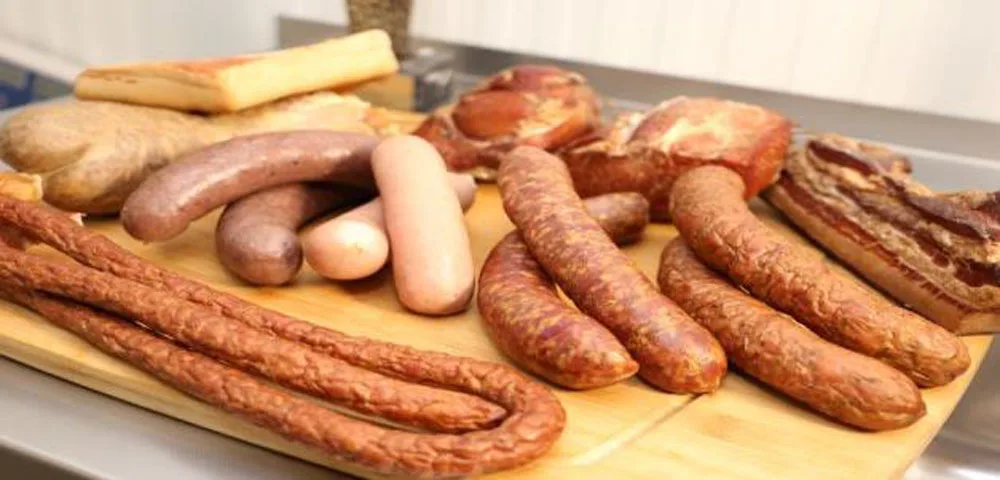
Case study 12
Substituting soy with local legumes
Livestock Sector: Pigs
Country: Poland
Case description: Non-associated pig breeders using local sources of protein in the nutrition of primitive and commercial breeds of pigs. Selected breeders are also producers of both feed raw materials and compound feed. Some of them also process and sell pork and finished products with special quality labels.
Facilitator(s) name and institution: Małgorzata Kasprowicz-Potocka. Poznan University of Life Sciences
Case study 13
PLF and heat stress management
Livestock Sector: Pigs
Country: Spain
Case description: A network of intensive white pig farms, with a high level of technification and different characteristics (genetics, nutrition, management, …) interested in assessing the impact of extreme temperatures on their production and in existing improvement systems.
Facilitator(s) name and institution: María Rodríguez Francisco. Animal Data Analytics S.L.
